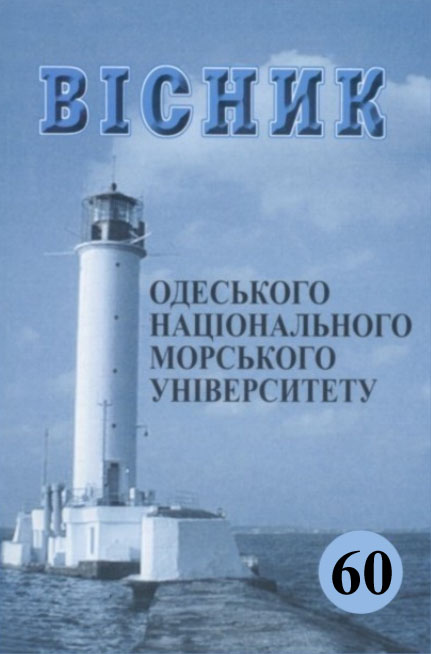Benchmarking model based on genetic mechanisms in project management
Main Article Content
Abstract
The application of knowledge accumulated in the fundamental mechanisms of wildlife is a global trend in the development of project ma-nagement. This trend requires additional research on the development of exis-ting methodologies, knowledge systems, and genetic mechanisms of project and program management. Convergence (oncoming) of knowledge systems of various branches and benchmarking are mechanisms that transfer knowledge and best practice between domains. The authors proposed a classification of convergence mechanisms for further transfer of knowledge − benchmarking between different domains. Four principles of constructing and developing methodologies for project management based on transfer of knowledge and best practice are formulated. These are the principles of the necessary diversity (Ashby), the coherence of methodologies, convergence, integration and harmonization, the focus on the result and product. They are given basic definitions and application of genetic models in creation of methodologies of project management. The model of application of genetic mechanisms of the matrix model of knowledge (mRNA), models and methods of project management is proposed. The benchmarking model of genetic mechanisms and information in project management is defined as a sequence of matrix RNA processing steps. The following steps that are described in the interpretation of project management methodologies are initiation, transcription, processing and transport, translation, splicing, modification, product formation, and termination. Considered approach has a significant impact on the development of the competence of project managers, taking into account the creation and production of fundamentally new knowledge and management mechanisms.
Article Details
References
2. IPMA Organisational Competence Baseline (IPMA OCB). IPMA, 2013, 67 p.
3. Creative technologies of project and program management: [monograph] / [S.D. Bushuev, N.S. Bushueva, I.A. Babaev, V.B. Yakovenko and etc.]. K.: Summit-Book, 2010. 768 p.
4. Ashby U. Introduction into cybernetics, Foreign literature. M., 1959. 428с.
5. Bushuyev Sergey D., Wagner Reinhard F. IPMA Delta and IPMA Organisational Competence Baseline (OCB): New approaches in the field of project management maturity, International Journal of Managing Projects in Business, Vol. 7, 2014 Iss: 2, pp.302-310.
6. Bushuev S.D. Mechanisms for the convergence of project man-agement methodologies. [Text] / S.D. Bushuyev, N.S. Bushuyeva, S.I. Neizvesnyy // Managing the development of complex systems. 2012. № 11. p. 5-13.
7. Bushuyev S.D. Development of innovation methods and models of project management on the basis of convergence [Text] / S.D. Bushuyev, M.S. Dorosh // Managing the development of com-plex systems. 2015. № 23. pp. 30-37.
8. Bruce Alberts, Alexander Johnson, Julian Lewis, Martin Raff, Keith Roberts, Peter Walter. Molecular Biology of the Cell.5. Garland Science, 2008. 1392 с.
9. Modern problems of biochemistry. Research methods / Е.В. Bar-kovsky and others. Minsk: High School. 2013. 491s.
